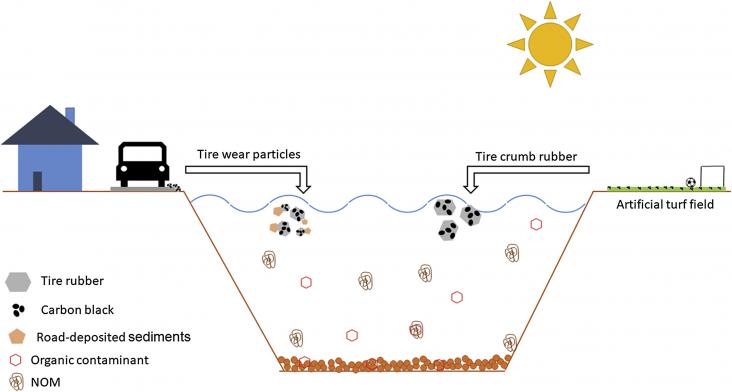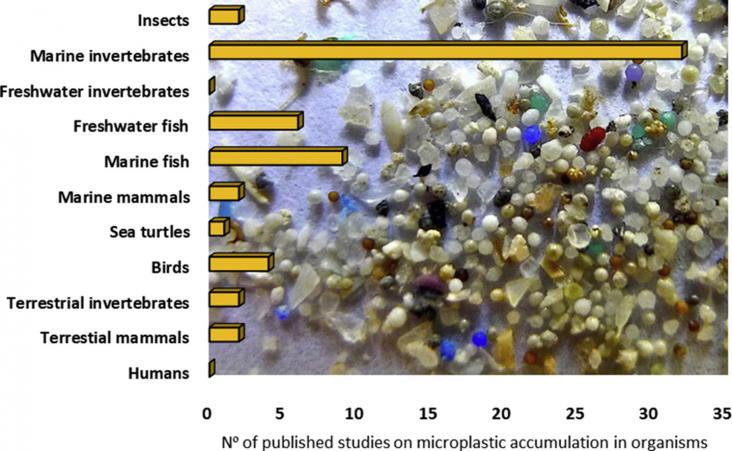Elsevier,
Daniel A. Vallero, Chapter 13 - Air pollution control technologies, Editor(s): Daniel A. Vallero, Air Pollution Calculations, Elsevier, 2019, Pages 377-428, 9780128149348
This book chapter advances SDGs 3, 13 and 15 by discussing various sources of air pollution and technologies to remove and treat pollutants.
PET is a ubiquitous material because of its robust properties. Today, less than 30% of PET bottles and few carpets are recycled in the United States, leading to the majority of PET being landfilled.
Although the study of the effects of microplastics increased in the last years, terrestrial ecosystems remain less studied.

Tire materials are a significant proportion of the (micro)plastics in the environment that until today have been clearly overlooked.
An Introduction to Green Nanotechnology - Chapter 3: Biological Sources Used in Green Nanotechnology
Interface Science and Technology, Volume 28, 2019, Pages 81-111
This book chapter addresses goals 9, 12 and 15 by looking at how green nanotechnology can facilitate sustainable methods leading to reduced environmental impacts, improved conservation, and the protection of resources and human health.
This book chapter addresses goals 12, 7, 11 and 15 by looking at the environmental and economic impact of the utilization of biomass resources.
The built environment is responsible for large negative ecological impacts due in part to the vast amount of materials used in construction.
There is worldwide concern about the environmental costs of conventional intensification of agriculture.

Following a decade of research on the environmental impacts of microplastics, a knowledge gap remains on the processes by which micro and nanoplastics pass across biological barriers, enter cells and

